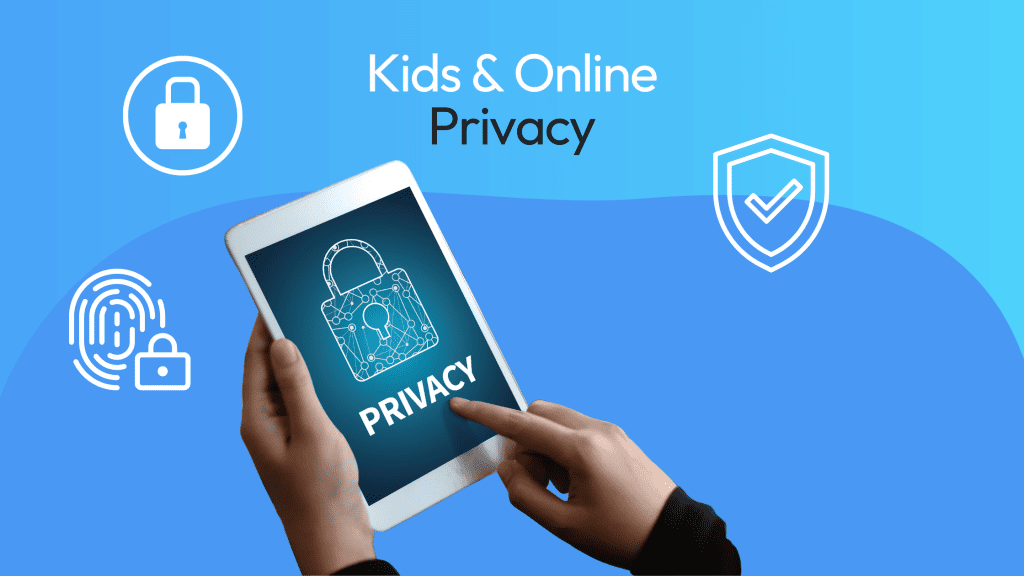I have a friend who recently offered me this advice when I told her my 11 year old will be getting a phone this summer because she starts middle school in the fall: Perform phone checks. Randomly. Do not warn her. Tell her that if you find inappropriate texts, unapproved apps or anything fishy, the phone is gone. While I love this idea, my first thought was, by performing a random phone check, am I invading her privacy?
The PEW Research Center did a study in 2014 that showed 61% of parents monitor their child’s online behavior, and 65% of parents have “digitally grounded” kids for misbehaving. These stats surprised me because, quite honestly, I would have thought those percentages would be higher.
Teaching kids proper digital citizenship is hard. While random phone checks may certainly prevent some kids from saying inappropriate things or engaging in bad behavior, it may encourage other kids to find work arounds or engage in sneaky behavior that can ultimately be more damaging. I remember my teenage years well: the minute my mom told me I couldn’t do something, she basically was guaranteeing I would do that very thing and just not tell her about it. And I doubt teenagers have changed that much since I was once them.
So, the question of the hour is, should I monitor my child’s online behavior? Does that invade her privacy?
Try Kidas for free and keep your child safe while gaming.

Kids & Online Privacy: The Argument for Online Monitoring
This article from Wired in 2020 says that yes, I should monitor my child’s phone (or other devices). The author says that my child, as long as she is younger than 18, has zero expectation of privacy in regards to her phone. The author argues that teens who have their phones monitored are less likely to engage in troubling internet behaviors. But still, would I have the time to monitor her every digital move? Did I have the desire? If I was so sure she was going to engage in behavior I wouldn’t approve of, is the larger issue here that maybe she just shouldn’t get a phone?
The Argument for Early Intervention
So I turned to one of my favorite internet resources for parenting in the digital age, Common Sense Media, to see where this website weighed in on whether or not it was morally okay to monitor my child’s phone and/or devices. Its answer was fairly vague, saying, ideally, in the early days of a child having a phone, I should monitor to shape appropriate behavior. I should help her navigate social media sites and text messages and all the apps she can possibly download. But, eventually, I could wean myself from device checks once a certain level of trust is established.
I both like and dislike this approach. Yes, I do hope that I can help my daughter successfully navigate owning a phone when the time comes. I want to help her understand the impact that her digital words can have. But should I eventually stop monitoring her behavior and trust that I have guided her well enough?
The Argument Against Online Monitoring
The website Fatherly takes the opposing view: a child’s online activity should not be regularly monitored nor should his cell phone be subject to random checks or searches. The reason? That I, as a parent, am responsible for teaching my daughter what it means to be a good digital citizen. I am to teach her what she can and can’t say, what kinds of pictures are appropriate to be shared and so on. If I’m randomly snooping on her online activity, then, I am effectively admitting that I’m not doing a very good job and I don’t trust her to follow the rules. I can definitely understand this argument.
Working with your child to establish rules
Ultimately, my plan for when my child gets her first phone is still a work in progress. I expect to take an approach similar to what Common Sense Media advises: I will monitor more heavily in the beginning and then start to let her navigate solo. Because, ultimately, digital citizenship is like anything in regard to raising children. I have to train her well and then turn her loose and hope that she holds fast to morals I’ve instilled. And, if she falls, I will, of course, be there to help pick her up as best I can.